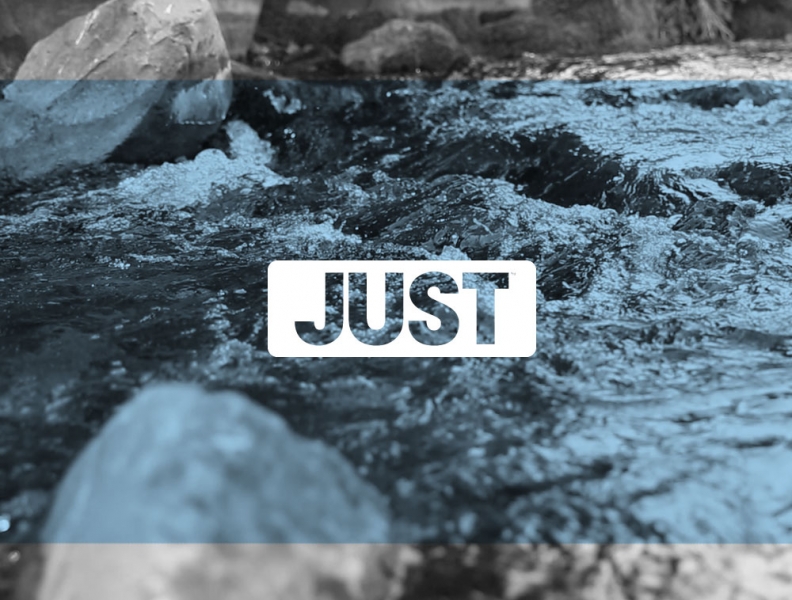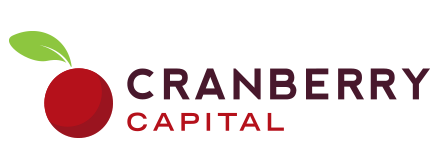
JUST Water – Selling Bottled Water That’s Better for the Planet
On a recent morning over avocado toast and world-renowned New York City tap water, Grace Jeon expounded on the virtues of public drinking water. Considering that the company she runs makes its money selling bottled water, her enthusiasm might have seemed a little strange. And in fact, she follows a decidedly odd business model.
Ms. Jeon held up one of her company’s bright blue opaque bottles, which are made mostly of paper, not plastic. “I would never advocate drinking this over tap,” Ms. Jeon said. But the reality is that more consumers are moving to bottled water as they cut down on drinking sugary beverages, she said. Her company has positioned its bottled water, called Just Water, as the next best thing to tap.
Despite serious problems in places like Flint, Mich., and in the schools of Newark, N.J., and other cities, most tap water in the United States is safe to drink, according to environmental groups and the government. But many consumers prefer the convenience of bottled water, and are willing to pay for it.
As Ms. Jeon sees it, she is making the best of a bad situation. The paper used for her bottles is sourced from trees that have been certified by the Forest Stewardship Council. The bottles, which are fully recyclable, are made of 53 percent paper; the rest of the bottle is made of plastic and a small amount of aluminum. Last month, Just Water released a new bottle with the top portion made of plant-based plastic derived from sugar cane. All told, she said, her product is less harmful to the environment and creates fewer carbon emissions than energy-intensive plastic.
In the process, she is also helping the struggling city of Glens Falls, N.Y., about 20 miles from Saratoga Springs.
In 1944, Glens Falls was named “Hometown, U.S.A.” by Look magazine, which featured photographs of the city’s bustling downtown. Like many once thriving industrial towns, though, Glens Falls has experienced a decline in population and manufacturing. A city that was once home to about 20,000 people during the 1950s now has 14,000 residents. Empty storefronts and houses dot the town.
What the city does have is water — four reservoirs and over 5,000 acres of watershed property. Just Water has an arrangement with the city to purchase water for at least six times the residential rate. Some of the money from the water purchase goes back to the community to address its aging water infrastructure, which is over 100 years old.
Just Water does not obtain its water from that infrastructure; rather, it uses a well on the city’s watershed property. It packages the water in a converted Catholic church that stood empty for years. The company employs 11 local residents.
Tetra Pak, a food packaging and processing company, creates the Just Water packaging and ships the containers flat to Glens Falls, where they are shaped and filled.
When Just Water first asked the mayor, Jack Diamond, about sourcing and bottling water in his city, he initially thought the offer was too good to be true. When he has been approached by companies in the past, in general, “it’s not so much what they’re going to do for us, but what can we do for them,” he said. “The roles were reversed with this company.”
Read more: (http://www.nytimes.com/2016/05/01/business/selling-bottled-water-thats-better-for-the-planet.html)

